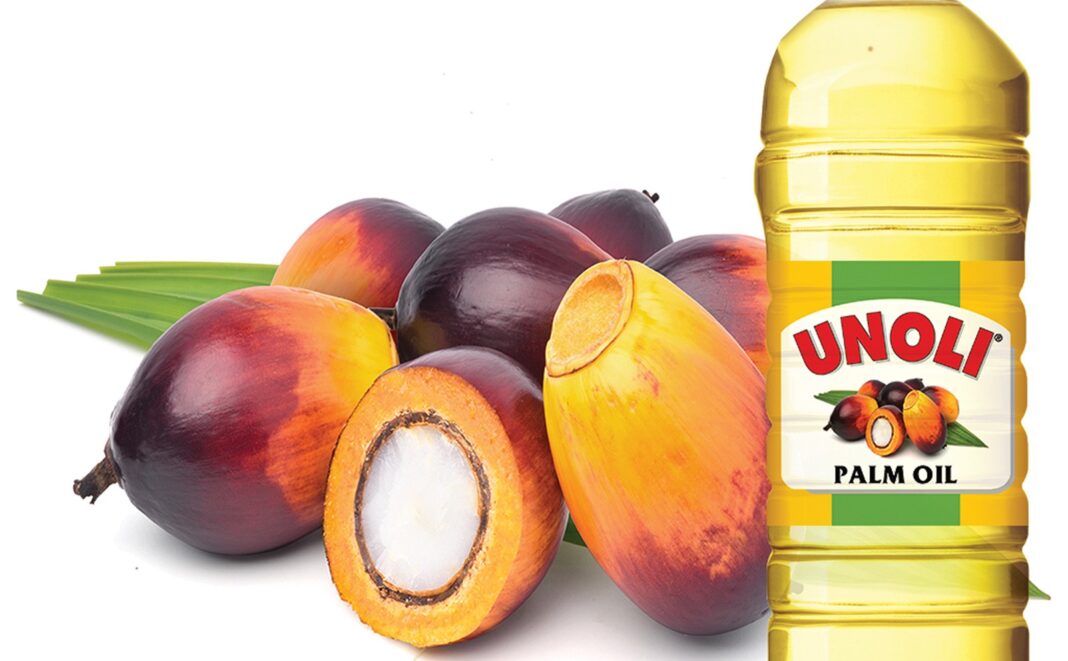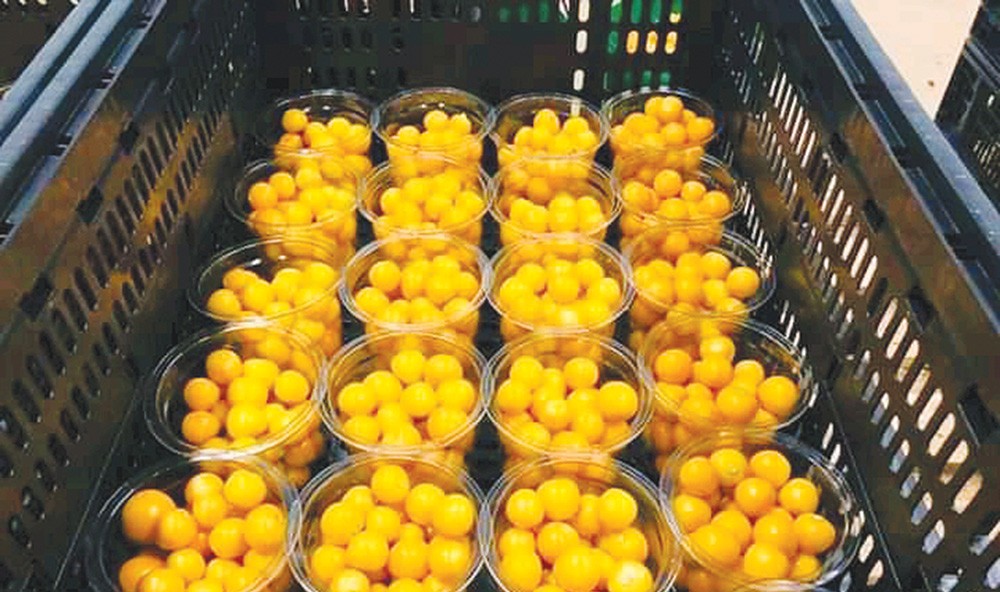By Neo Kolane
Consumers in Lesotho are set to feel the pinch following a ban of palm oil exportation by Indonesia which came into force on April 28 2022.
Indonesia banned the export of palm oil, a move which will have profound price implications for the global vegetable oils market with Indonesia saying its decision was to ensure the protection of domestic consumers from rising prices.
Palm oil is by far the most consumed and traded edible oil in the world. According to the United States Department of Agriculture, 77 million tons of palm oil are expected to be produced this year with Indonesia accounting for around 60 percent of the global supply share.
Indonesia is the world’s largest supplier of palm oil, so depriving global markets of the commodity is a big deal. It will, among other things, effect the cost of basic goods like cooking oil at a time when food prices are already being squeezed.
The Indonesian government acknowledged that the palm oil export ban will hurt international consumers but deemed it necessary to lower the price of domestic oil.
Palm oil was widely used in manufacturing in both food and non-food, and its ingredients could be blended with others to achieve certain product qualities.
According to National University of Lesotho (NUL) agri-business economist, Dr Montoeli Rantlo, said that the Lesotho consumers are going to be affected because oil is used in food manufacturing.
Rantlo added that the supply of palm oil will decrease making prices increase, resulting in food prices increasing as they use palm oil prices also increasing. That will affect consumers globally including those in Lesotho.
He revealed that Lesotho is an importer of vegetable oil and stated that the problem at hand is that Lesotho does not produce vegetable oils for itself.
“Lesotho has weak commodity value chains, and the situation that is currently facing the world of increasing prices mean as a country, we need to find means to strengthen our value chains.
“To produce for ourselves is very important because there will be commodities which help in increasing of production so that we do not rely on other countries. Relying on other countries on these products has some bearing on Lesotho. Should anything negative happen, we are surely to be affected,” he commented.
Rantlo said it is time for Lesotho to rethink the food systems or the value chains to be developed.
He observed that the kingdom is part of the global system and might need to depend on other countries but it must not be on every agricultural commodity.
He further said the banning of palm oil means the supply is low and wherever it is used as an ingredient, it means the prices will increase because there will be a shortage globally.
Grown only in the tropics, the palm oil tree produces a high-quality oil that is used as a common ingredient in cosmetic and household items, such as detergents, margarine, soaps, chocolates, cakes, and cleaning products, and biofuels, among others.









